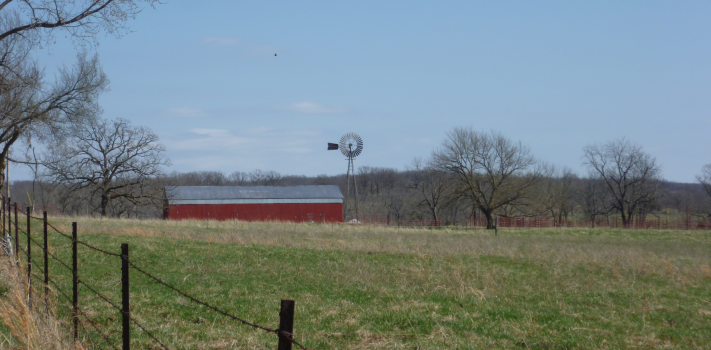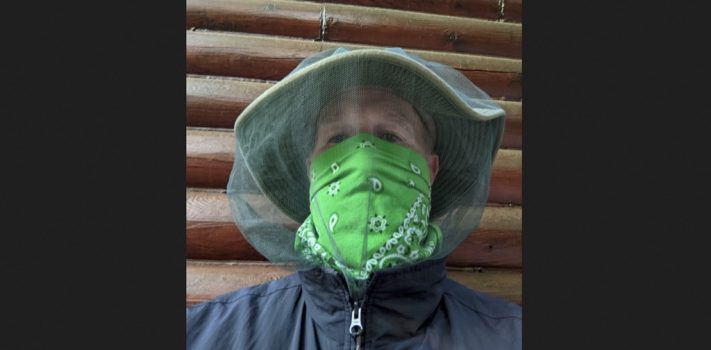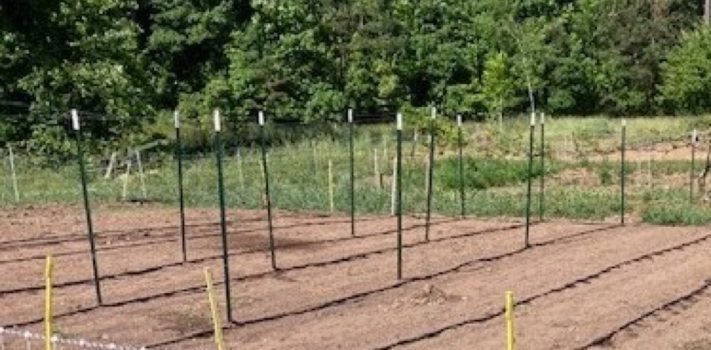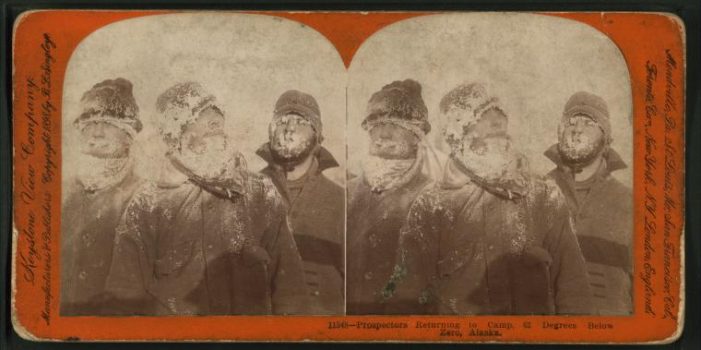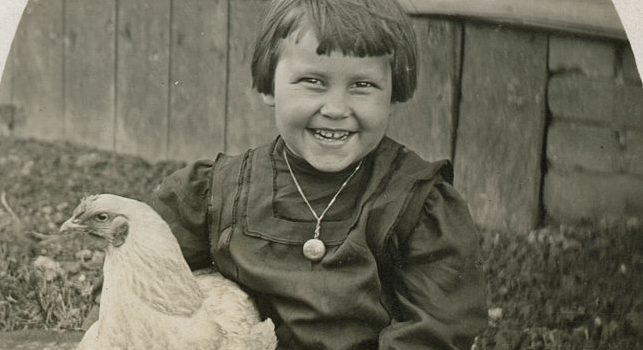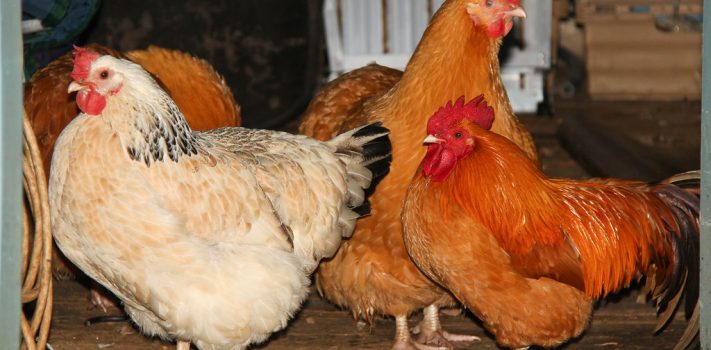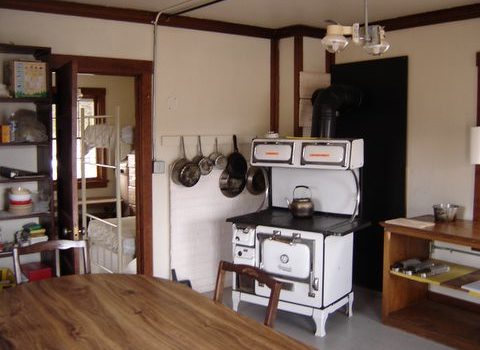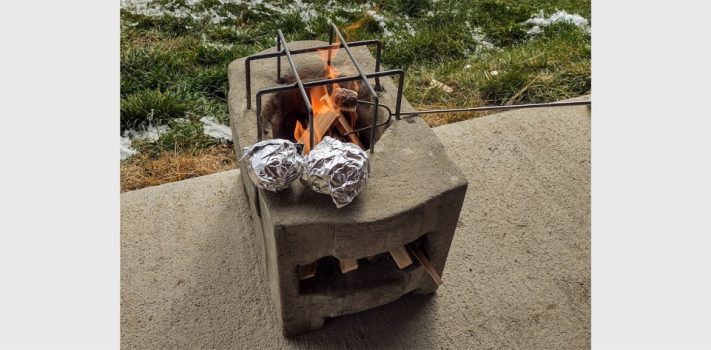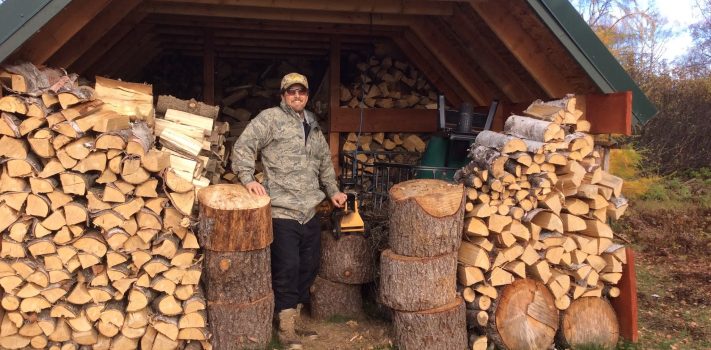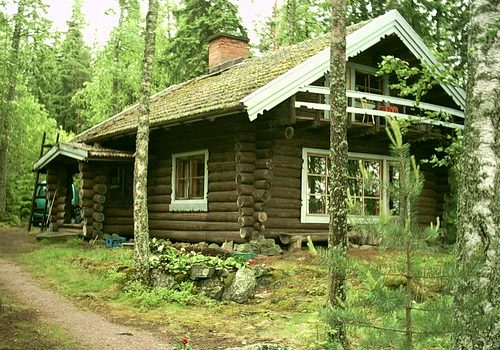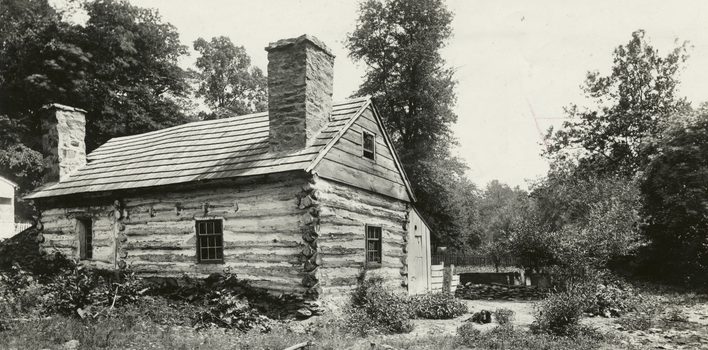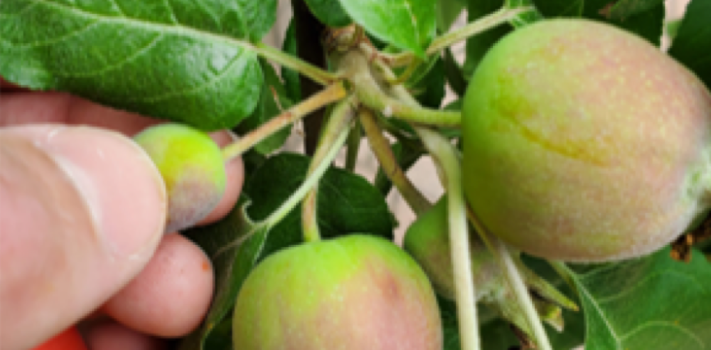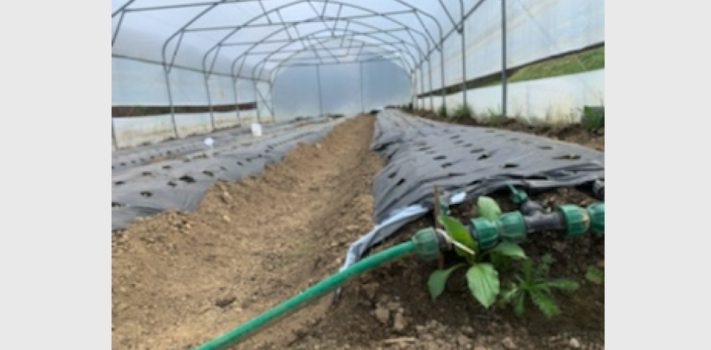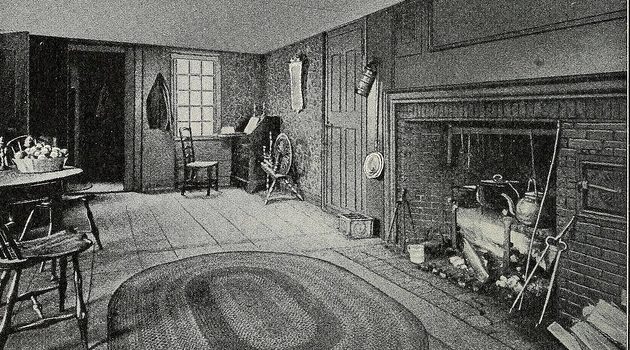Year 3: An Honest Look at the Farm – Part 2, by SaraSue
(Continued from Part 1.) Gardens and Jungles In my Year 2 update that was posted in SurvivalBlog last summer, I shared that I had nothing but garden failures. There are several problems I had to solve with gardening where I live. First, I had to turn a lawn into a garden. Second, plowing only brought up dormant seeds that I jokingly say are from all the surrounding counties. Third, there is no water piped out to the garden and I didn’t have enough water due to the previous well situation. Fourth, we had a semi-drought in year 2. Fifth, the …

